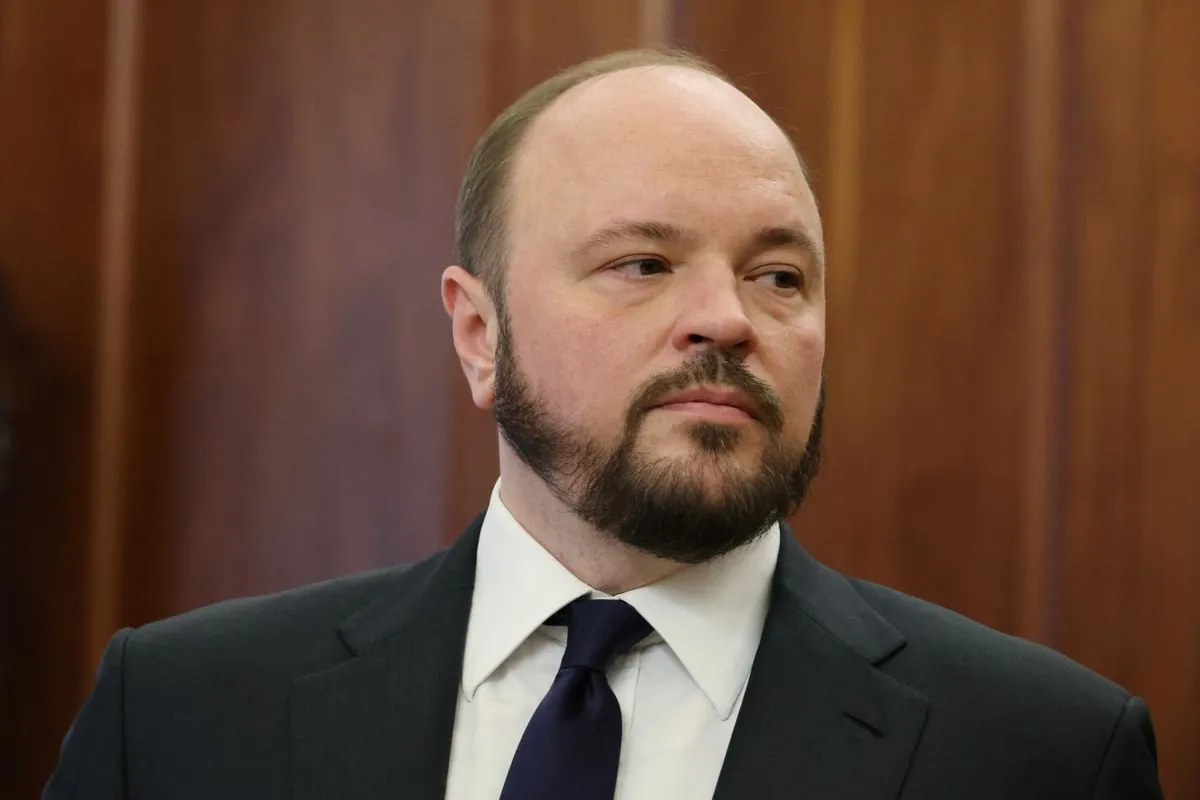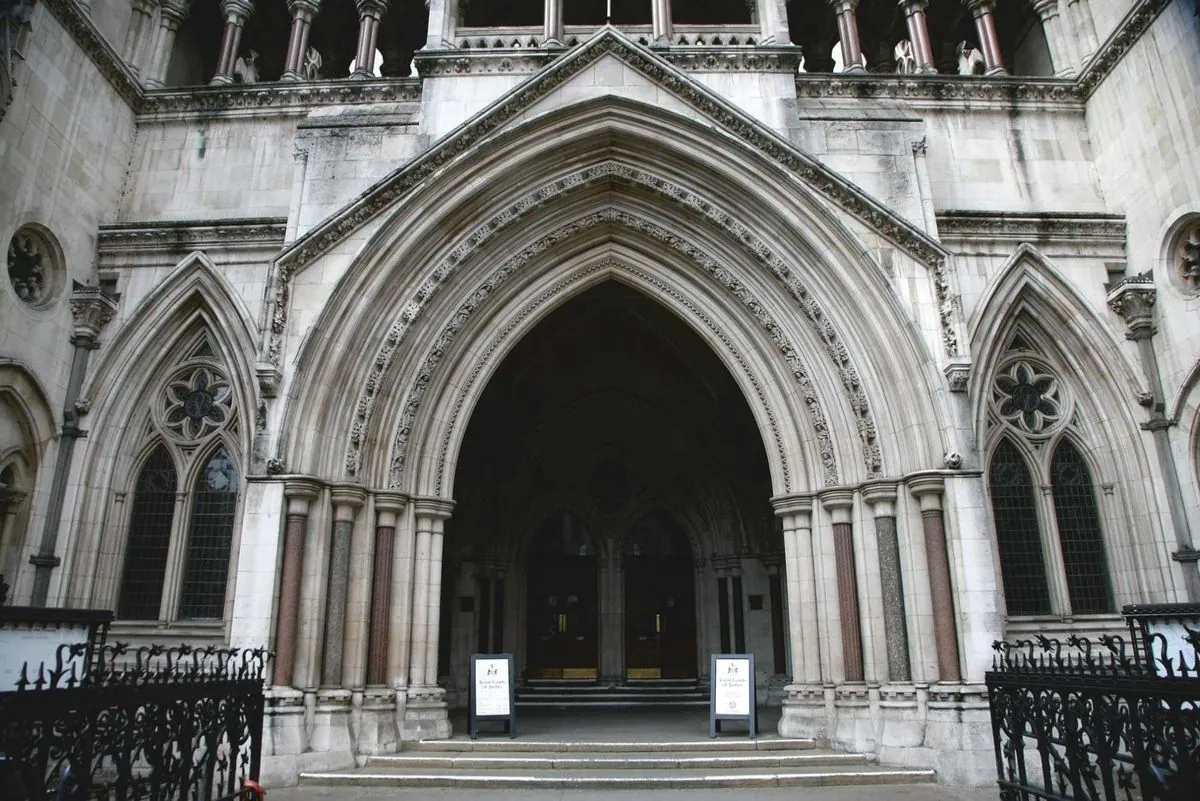Russian Tycoon Triumphs in $1 Billion Fertilizer Company Stake Dispute
Sanctioned billionaire Andrey Guryev wins lawsuit against former associate claiming 24.75% stake in Phosagro. London court dismisses case, citing inconsistencies in plaintiff's allegations.

In a significant legal victory, Andrey Guryev, a sanctioned Russian billionaire, has successfully defended himself against a lawsuit brought by Alexander Gorbachev, a former associate. The case, which concluded in London's High Court on September 26, 2024, centered around a disputed 24.75% stake in Phosagro, one of the world's largest fertilizer producers.
Gorbachev's claim, valued at approximately $1 billion, was based on alleged oral agreements made nearly two decades ago. These purported conversations took place in various London locations, including pubs, hotels, restaurants, and even a sauna. The plaintiff asserted that Guryev had promised to hold an interest in Phosagro on his behalf after Gorbachev sought asylum in Britain in 2003.
Judge Mark Pelling dismissed the case, citing "too many unexplained and unexplainable inconsistencies and inherent implausibilities" in Gorbachev's allegations. The judge deemed it "inherently improbable" that Guryev would have made such a significant promise informally.

Phosagro, founded in 2001, has grown to become a global leader in phosphate-based fertilizers. The company exports to over 100 countries and is known for its low-cost production methods. Despite its success, Phosagro has faced challenges due to geopolitical tensions and environmental concerns.
Guryev, who stepped down as Phosagro's CEO in 2022 following sanctions imposed by the United States and Britain, characterized the lawsuit as a "shakedown." The sanctions were related to his alleged association with Russian President Vladimir Putin following Russia's invasion of Ukraine. Guryev and his family are estimated to be worth $9.3 billion, according to Forbes magazine.
The case highlights the complex relationships within Russia's business elite and the far-reaching consequences of international sanctions. Phosagro, like many Russian companies, has been working to diversify its markets and product portfolio in response to these challenges.
While Guryev emerged victorious in this legal battle, the broader context of sanctions and geopolitical tensions continues to impact Russian businesses. Phosagro, for instance, has been exploring opportunities in emerging markets to offset potential losses in traditional markets affected by sanctions.
As the fertilizer industry grapples with environmental concerns and the need for sustainable practices, Phosagro has been investing in research and development to improve fertilizer efficiency and reduce its environmental footprint. The company has also been involved in various sustainability initiatives, including efforts to reduce greenhouse gas emissions.
The outcome of this high-profile case may have implications for future disputes involving Russian business interests abroad, particularly in the context of international sanctions and complex ownership structures.
"This is an extremely disappointing decision. Clearly, I will review it and consider my options."
As the dust settles on this legal battle, the fertilizer industry continues to evolve, with companies like Phosagro playing a crucial role in global food security and agricultural productivity. The intersection of business, politics, and international relations remains a complex landscape for Russian corporations operating on the global stage.


































